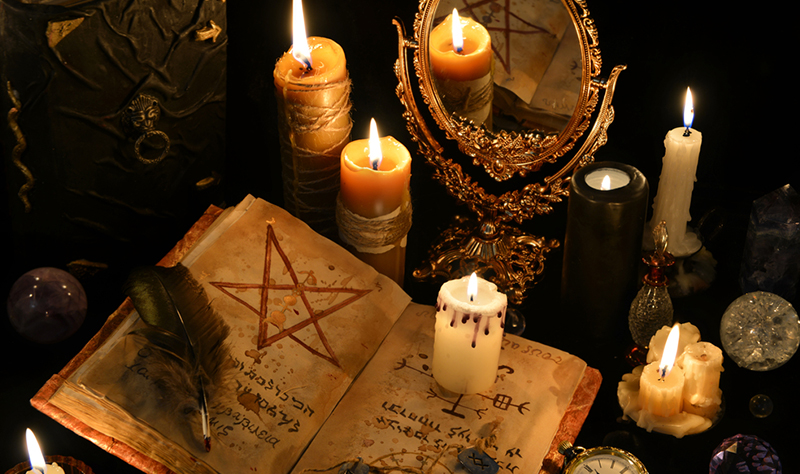Voodoo is a spiritual practice with strong roots in African and Caribbean culture, brought to Louisiana by slaves in the 1700s. Voodoo was (and still is) used to worship a variety of orishas (spirits), practice healing arts, and seek guidance from voodoo doctors. Louisiana is recognized as the birthplace of modern-day Voodoo, with strong roots that spread from the Congo region to Haiti and beyond.
Early History of Voodoo Doctors
The earliest known practitioners of Voodoo in Louisiana were the Fon people, who were members of the Dahomey tribe of West Africa. In order to preserve their traditional beliefs and practices, they brought much of their spiritual practices with them when they were taken from their homeland and brought to Louisiana as slaves. The practice and rituals were blended with Catholicism and other cultural practices by the enslaved people.
The term “voodoo doctor” was first used in the early 1800s to describe African-American culture practitioners who used herbs, potions, and charms to diagnose and treat sickness in their communities. Voodoo doctors were respected members of society, often consulted by other African-Americans and white Americans for solutions to problems.
Voodoo Doctors’ Practices
Voodoo doctors use various methods and tools to practice their craft. These include readings, healing ceremonies, use of amulets and charms, and working with healing herbs and plants. They often work closely with Nature Spirits and Divine forces to provide healing and guidance to their patients.
The doctors also meet with their patients to provide them with advice and guidance. They can assist with spell work, divination, and the interpretation of dreams, and are generally the first people people in their community to turn to when something is out of balance.
Besides using plants and herbs to treat illnesses, voodoo doctors also use ayurvedic bodywork (massage and reflexology), healing touch, and divination with tarot cards, runes, and other divinatory tools.
Controversy of Voodoo Doctors
Voodoo has been seen as a form of devil worship and ancestor veneration, and was associated with black magic during the slave era. This was used to marginalize Voodoo practitioners and discredit their spiritual practices. This resulted in many Voodoo practitioners being persecuted and having to hide their practices in order to protect themselves.
Despite its controversial reputation, Voodoo practitioners have been able to develop a vibrant and productive culture that is still flourishing today.
Conclusion
Today, many voodoo doctors are respected members of their communities and there have been some efforts to recognize the healing and spiritual power of Voodoo. In spite of the centuries of persecution, Voodoo culture still exists in Louisiana, and practitioners have become more open about their practices and beliefs. The future of Voodoo in Louisiana looks promising, and the contributions of these Voodoo doctors have been invaluable in preserving the cultural heritage of their community.

